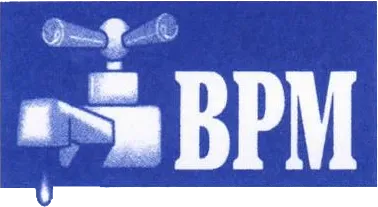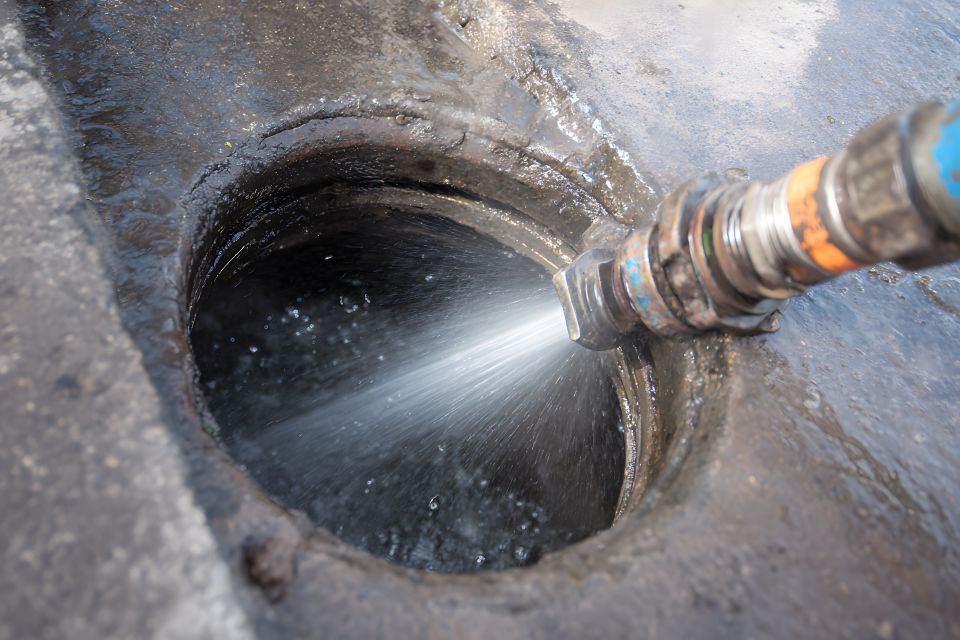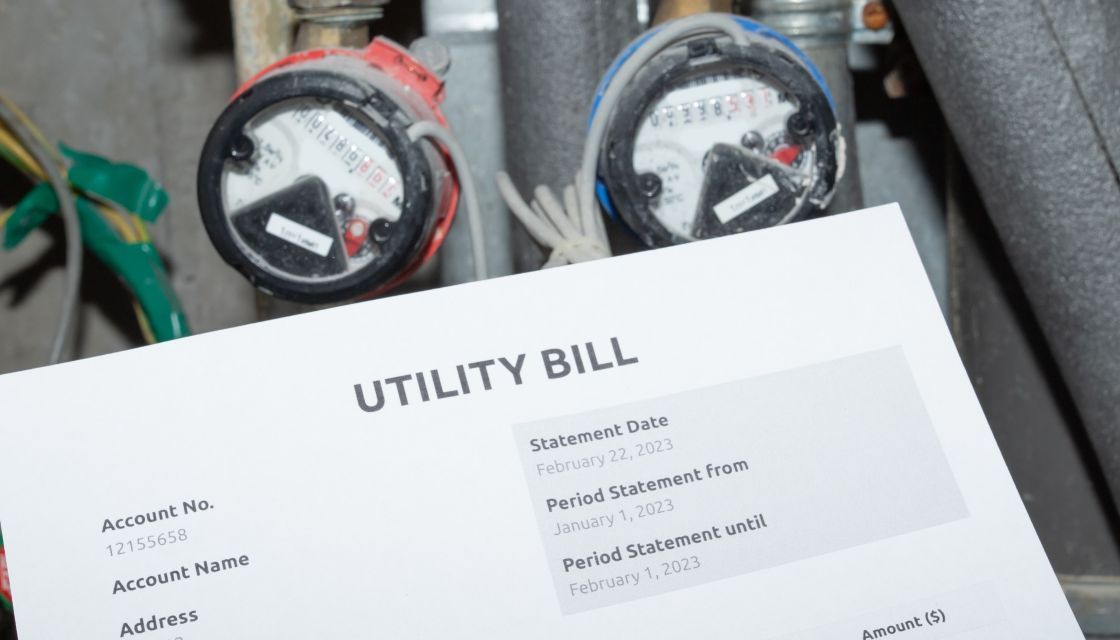Hydro Jetting vs Chemical Drain Cleaners: What You Should Know
Blocked drains are one of the most common plumbing problems faced by Australian households, causing everything from slow-draining sinks to unpleasant odours and even overflowing pipes. When a blockage strikes, many homeowners head straight to the supermarket for a chemical drain cleaner, hoping for a quick fix. While these products can sometimes clear minor clogs, they don’t always address the root of the problem. On the other hand, hydro jetting—performed by a licensed plumber—uses high-pressure water to thoroughly clean pipes and remove even the toughest obstructions. So, which option is right for your home? Let’s compare hydro jetting and chemical drain cleaners so you know what to expect.
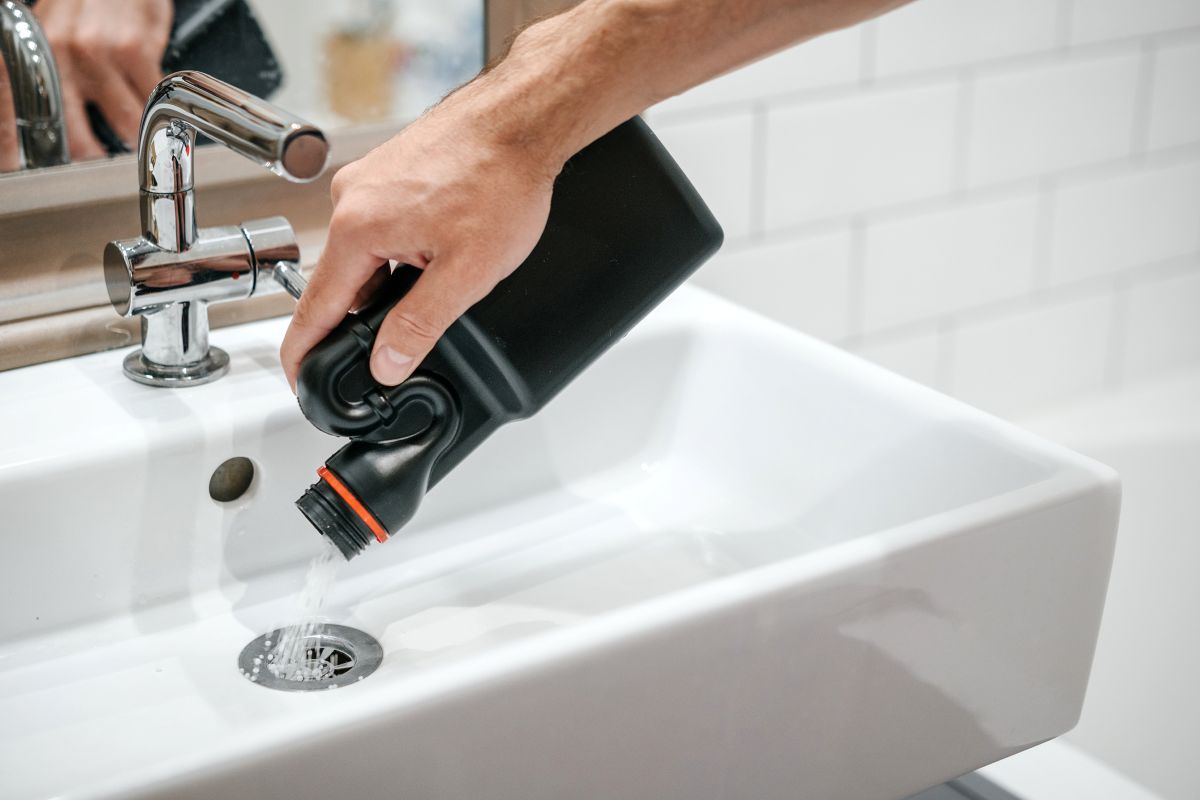
What is Hydro Jetting?
Hydro jetting is a professional drain cleaning method that uses high-pressure water to blast through stubborn blockages and thoroughly clean the inside of pipes. Unlike a basic plunger or chemical solution that only breaks down part of the clog, hydro jetting pushes water at extremely high pressure through a specialised nozzle, cutting through grease, hair, soap build-up, and even invasive tree roots.
Because the process scrubs the pipe walls as it clears the blockage, it doesn’t just remove the immediate obstruction—it helps restore your drains to near-new condition.
Hydro jetting is especially effective for recurring or severe clogs that keep coming back after DIY attempts. It’s a safe, chemical-free solution that plumbers in Australia often recommend for homes with older plumbing systems or properties surrounded by trees where
roots regularly infiltrate sewer lines.
What are Chemical Drain Cleaners?
Chemical drain cleaners are the off-the-shelf solutions most homeowners turn to when faced with a blocked sink, shower, or toilet. Sold in supermarkets and hardware stores across Australia, these products come in liquid, gel, or powder form and use powerful chemicals to dissolve clogs. They generally work by breaking down organic matter such as hair, grease, soap scum, and food particles, allowing water to flow through the pipe again.
There are a few types of chemical drain cleaners commonly available:
- Caustic cleaners – often containing lye or caustic soda, designed to break down grease and fat.
- Oxidising cleaners – using chemicals like bleach or peroxide to dissolve organic material.
- Acidic cleaners – stronger formulas (often restricted for professional use) that target tough clogs.
While chemical cleaners can be quick and cheap for small, surface-level blockages, they are rarely a long-term fix. They may not fully clear the obstruction, and over time, the harsh ingredients can corrode or weaken pipes—especially older plumbing systems.
Pros and Cons of Hydro Jetting
Benefits of Hydro Jetting
- Thorough cleaning – Unlike quick fixes, hydro jetting doesn’t just punch a hole through the blockage. It scours the entire pipe, removing grease, scale, and build-up that could cause future clogs.
- Long-lasting results – Because it cleans the pipe walls as well as the blockage, hydro jetting helps prevent repeat problems and keeps drains flowing freely for longer.
- Environmentally friendly – No harsh chemicals are used, making it safe for your household, pets, and the environment.
- Effective on tough blockages – Hydro jetting can tackle heavy grease deposits, compacted debris, and even tree roots that chemical cleaners cannot shift.
- Safe for most plumbing systems – When done by a licensed plumber, hydro jetting won’t corrode or weaken pipes.
Notes of Hydro Jetting
- Requires a professional – This isn’t a DIY solution. Specialised equipment and training are needed, so you’ll need to call a plumber.
- Higher upfront cost – Hydro jetting is more expensive than buying a bottle of cleaner, but the long-term benefits often make it more cost-effective.
- Not always suitable for damaged pipes – If your plumbing system is already cracked or fragile, a plumber may need to inspect it first to ensure it can handle the water pressure.
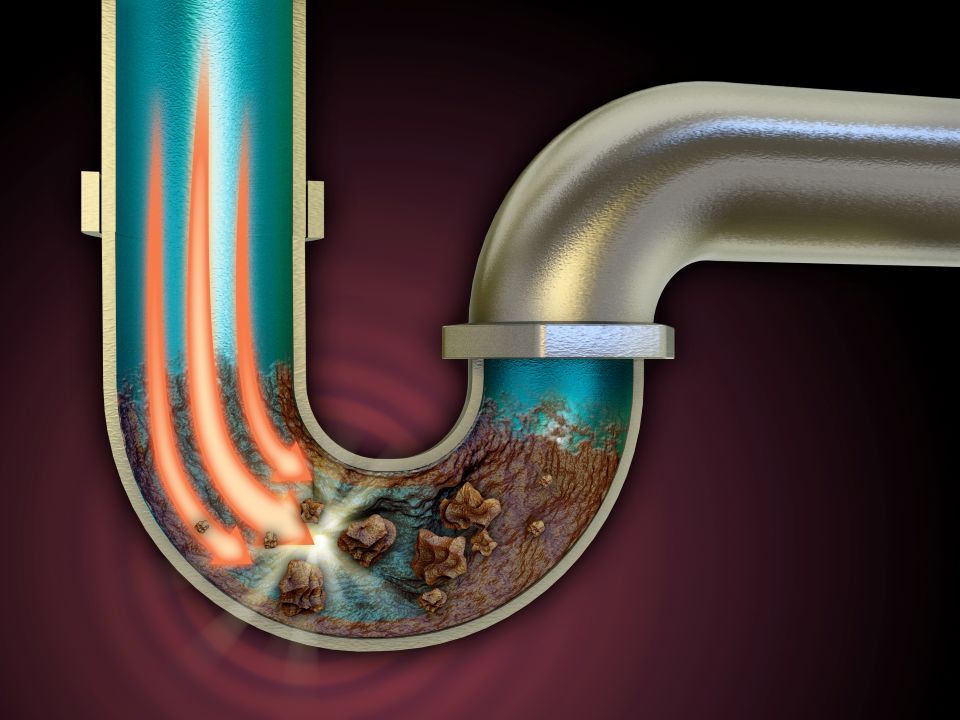
Safety Considerations
When it comes to clearing drains, safety should always be a top priority. While chemical drain cleaners are easy to buy and use, they carry significant risks. The harsh ingredients can cause burns if they come into contact with your skin or eyes, and the fumes may irritate your lungs, especially in poorly ventilated spaces like bathrooms. If accidentally ingested by children or pets, these products can be extremely dangerous.
Chemical cleaners also pose long-term safety concerns for your plumbing system. Repeated use can weaken PVC and metal pipes, leading to leaks or bursts that may cost far more to repair than calling a plumber in the first place.
Hydro jetting, on the other hand, avoids chemical hazards altogether. It relies solely on water pressure, making it much safer for your household and the environment. Because the process is carried out by trained plumbers with specialised equipment, the risks to you and your home are minimal. Before any hydro jetting service, plumbers often perform a CCTV drain inspection to ensure your pipes are in good condition and suitable for high-pressure cleaning.
Which Option is Best for Your Home?
Deciding between hydro jetting and chemical drain cleaners depends on the severity and frequency of your drain issues. For small, occasional clogs—like a slow-draining bathroom sink or minor soap build-up—a chemical cleaner may provide a quick, inexpensive fix. However, if the same drain keeps blocking or you’re dealing with tougher obstructions such as grease, tree roots, or years of scale build-up, hydro jetting is the more reliable long-term solution.
Chemical cleaners can buy you time, but they often only treat the surface of the problem. Hydro jetting, by comparison, completely clears and cleans the pipes, reducing the chance of recurring blockages. While the upfront cost is higher, the long-term savings and peace of mind make it the smarter option for persistent or severe drainage problems.
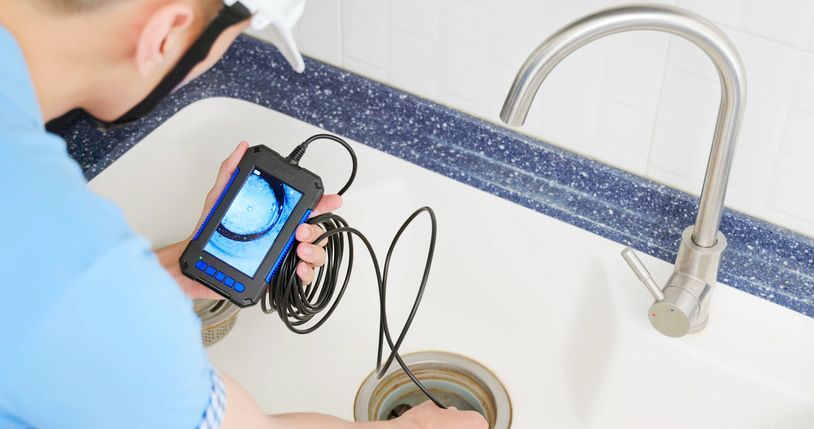
When to Call a Plumber
Knowing when to stop trying DIY fixes and call a professional can save you time, money, and frustration. If you’ve tried chemical drain cleaners and the blockage keeps returning, it’s a clear sign that the problem lies deeper in your pipes. Likewise, if multiple drains in your home are slow or blocked at the same time, this may point to a bigger issue in the main sewer line that only professional equipment like hydro jetting can fix.
Other red flags include unpleasant odours coming from your drains, gurgling noises in the pipes, or water backing up into sinks, showers, or toilets. In these cases, continuing to pour chemicals down the drain won’t solve the issue—and could make it worse by damaging your pipes.
Licensed plumbers not only have access to hydro jetting equipment but also use CCTV cameras to inspect your drains before treatment. This ensures the right solution is applied and that your pipes are structurally sound. By calling a plumber early, you avoid the risk of worsening the problem and potentially facing expensive emergency repairs.
At
Best Plumbing Adelaide, we offer expert
hydro jetting services across Adelaide (all suburbs) to safely and effectively clear clogs of all sizes. Our licensed plumbers use the latest equipment, including
CCTV inspections, to ensure your pipes are in top condition. Call us today to book a
professional drain cleaning service
and keep your plumbing flowing smoothly.
